We hope you enjoyed reading this Simon & Schuster ebook.
Get a FREE ebook when you join our mailing list. Plus, get updates on new releases, deals, recommended reads, and more from Simon & Schuster. Click below to sign up and see terms and conditions.
CLICK HERE TO SIGN UP
Already a subscriber? Provide your email again so we can register this ebook and send you more of what you like to read. You will continue to receive exclusive offers in your inbox.
Thank you for downloading this Simon & Schuster ebook.
Get a FREE ebook when you join our mailing list. Plus, get updates on new releases, deals, recommended reads, and more from Simon & Schuster. Click below to sign up and see terms and conditions.
CLICK HERE TO SIGN UP
Already a subscriber? Provide your email again so we can register this ebook and send you more of what you like to read. You will continue to receive exclusive offers in your inbox.
Also by
ANDREW SOLOMON
Far and Away: Reporting from the Brink of Change
The Noonday Demon: An Atlas of Depression
A Stone Boat
The Irony Tower: Soviet Artists in a Time of Glasnost

An imprint of Simon & Schuster Childrens Publishing Division
1230 Avenue of the Americas, New York, New York 10020
www.SimonandSchuster.com
Text copyright 2012 by Andrew Solomon
Young Readers Edition adaptation copyright 2017 by Simon & Schuster, Inc.
Jacket illustration copyright 2017 by Maricor/Maricar
All rights reserved, including the right of reproduction in whole or in part in any form.
 is a trademark of Simon & Schuster, Inc.
is a trademark of Simon & Schuster, Inc.
For information about special discounts for bulk purchases, please contact Simon & Schuster Special Sales at 1-866-506-1949 or .
The Simon & Schuster Speakers Bureau can bring authors to your live event.
For more information or to book an event, contact the Simon & Schuster Speakers Bureau at 1-866-248-3049 or visit our website at www.simonspeakers.com.
Andrew Solomon is represented as a speaker by the Tuesday Agency. For more information or to book an event, contact the agency at 1-319-338-7080. Further information may be found on Andrew Solomons website at www.andrewsolomon.com.
Jaclet design by Chlo Foglia
Interior design by Hilary Zarycky
The text for this book was set in Perpetua Std.
Library of Congress Cataloging-in-Publication Data
Names: Solomon, Andrew, 1963 author. | Calkhoven, Laurie.
Title: Far from the tree / Andrew Solomon ; adapted by Laurie Calkhoven.
Description: How Children and Their Parents Learn to Accept One Another... Our Differences Unite Us Young Adult edition. | New York : Simon & Schuster Books for Young Readers, [2017]
Identifiers: LCCN 2016027697 (print) |
| ISBN 9781481440905 (hardcover) | ISBN 9781481440929 (eBook)
Subjects: LCSH: Children with disabilitiesUnited StatesPsychologyJuvenile literature. | Exceptional childrenUnited StatesPsychologyJuvenile literature. | Parents of children with disabilitiesUnited StatesJuvenile literature. | Parents of exceptional childrenUnited StatesJuvenile literature. | Identity (Psychology)United StatesJuvenile literature. | Parent and childUnited StatesPsychological aspectsJuvenile literature.
Classification: LCC HV888.5 .S652 2017 (print) | LCC HV888.5 (eBook) | DDC 362.4083/0973dc23
LC record available at https://lccn.loc.gov/2016027697
For John,
for the sake of whose difference
I would gladly give up all the sameness in the world
Contents
Will it come like a change in the weather?
Will its greeting be courteous or rough?
Will it alter my life altogether?
O tell me the truth about love.
W. H. Auden,
O Tell Me the Truth About Love
Son
I HAD DYSLEXIA AS A child; indeed, I have it now. I still cannot write by hand without focusing on each letter as I form it, and even then, some letters are out of order, or left out entirely. My mother saw this early on and began to work on reading with me when I was two. I spent long afternoons on her lap, learning to sound out words. We practiced letters as though no shapes could ever be lovelier than theirs. To keep my attention, she gave me a notebook with a yellow felt cover on which Winnie-the-Pooh and Tigger were sewn. We made flash cards and played games with them. I loved the attention, and my mother brought a sense of fun to her teaching.
When I was six, my parents applied to eleven schools in New York City, and all eleven turned me down. Despite my advanced reading skills, my test scores said I would never learn to read and write. Only a year later did the principal of one school overrule the exam results so that I could be enrolled.
That early victory over dyslexia taught my family that with patience, love, intelligence, and will, we could defeat a neurological abnormality. Unfortunately, it also set the stage for our later struggle. It made it hard to believe that we couldnt correct something else that was perceived as abnormalmy being gay.
People ask when I knew I was gay, and I wonder what that means. Recent studies have shown that as early as age two, many boys who will grow up to be gay avoid some rough-and-tumble play. By age six, a good number behave in some ways that arent typical boy. I knew that many things I liked were unmasculine: I never traded a baseball card, but instead shared the plots of operas on the school bus, which did not make me popular.
I was popular at home, but I was also corrected. Once, when I was about seven, I was leaving a shoe store with my mother and brother, and the salesman asked us what color balloons wed like to take home. My brother wanted a red balloon. I wanted a pink one. My mother said that I did not want a pink balloon. She announced, over my protests, that my favorite color was blue, so I ended up taking a blue balloon. The fact that in adulthood my favorite color is blue stands as evidence of my mothers influence; the fact that I am still gay is evidence of its limits.
Though it was supposed to be integrated, my grade-school class actually included only a few black and Latino kids, and they mostly socialized with one another. My first year at school was second grade, and when Debbie Camacho had a birthday party in Spanish Harlem, my mother made me go. I was one of only two white kids who went, out of a class of forty; none of my friends was there and I was terrified. Debbies cousins tried to get me to dance. Everyone spoke Spanish, the food was unfamiliar, and I had a kind of panic attack and went home in tears.
I didnt see the parallels between everyone elses avoidance of Debbies party and my own unpopularity. It never occurred to me that she and I had anything in common. It was only years later that I understood why my mother had made me go, and recognized that it was a moral issue. Then I was glad to have been there: It was the right thing to do. Debbies party was the beginning of my tolerance toward people who were different from me, and that attitude ultimately helped me understand that I was okay even though I was different.
A few months after Debbies party, Bobby Finkel had a birthday and invited everyone in the class but me. My mother called his mother, sure that there had been a mistake. Mrs. Finkel said that Bobby didnt like me and didnt want me there. My mother picked me up after school on the day of the party and took me to the zoo and out for a hot fudge sundae. Now I can see how hurt my mother must have been for memore hurt than I was, or let myself notice I was. She knew that being different had sad consequences, and she wanted to protect me.
Next page

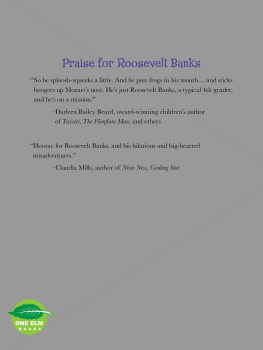
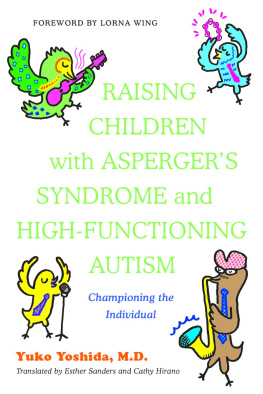
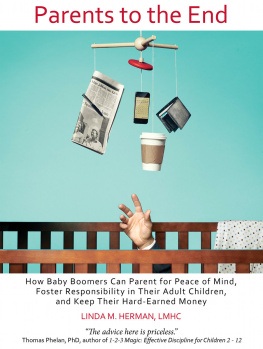
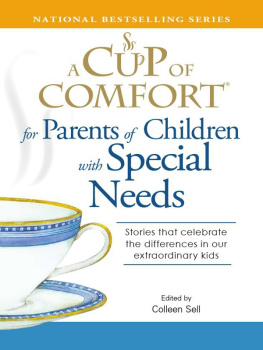
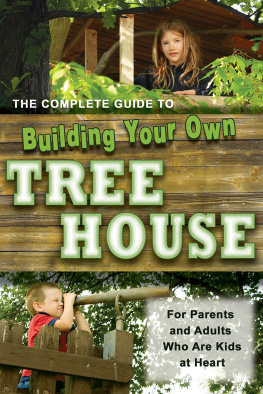
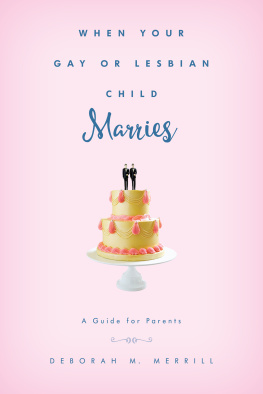
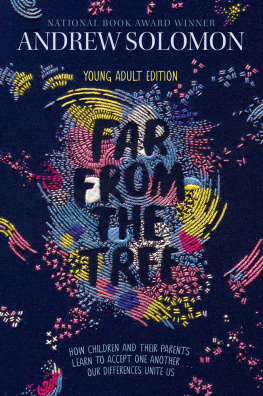

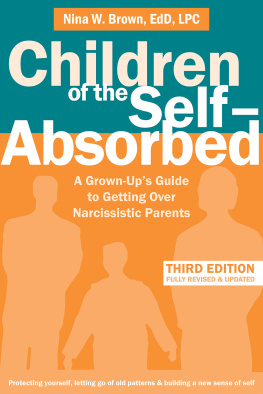
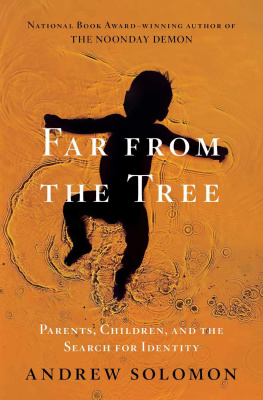
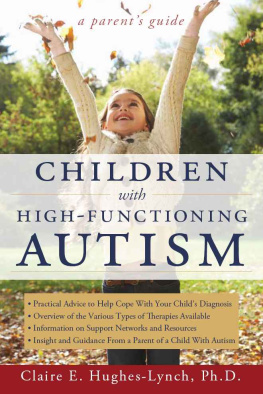
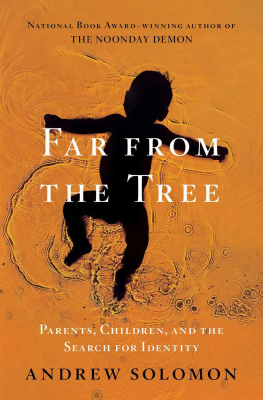


 is a trademark of Simon & Schuster, Inc.
is a trademark of Simon & Schuster, Inc.